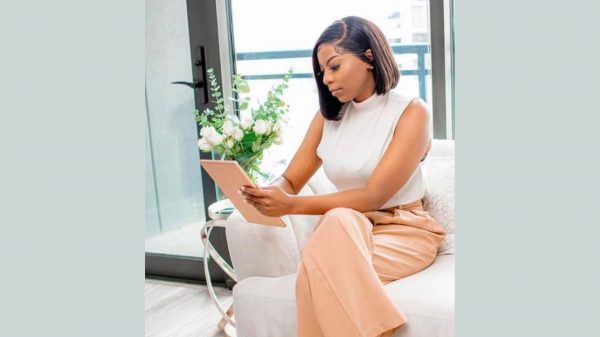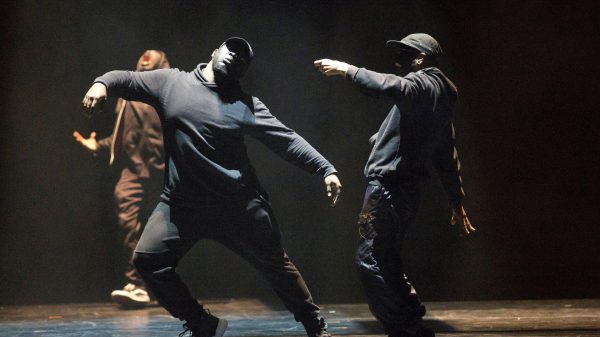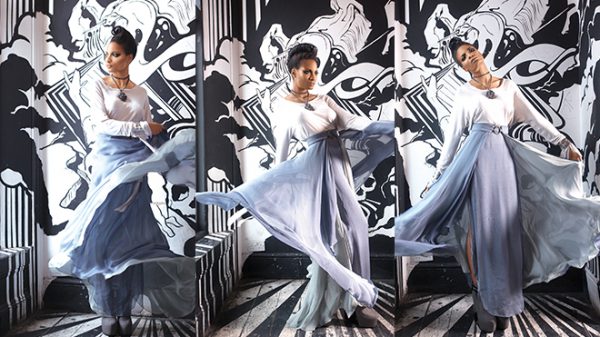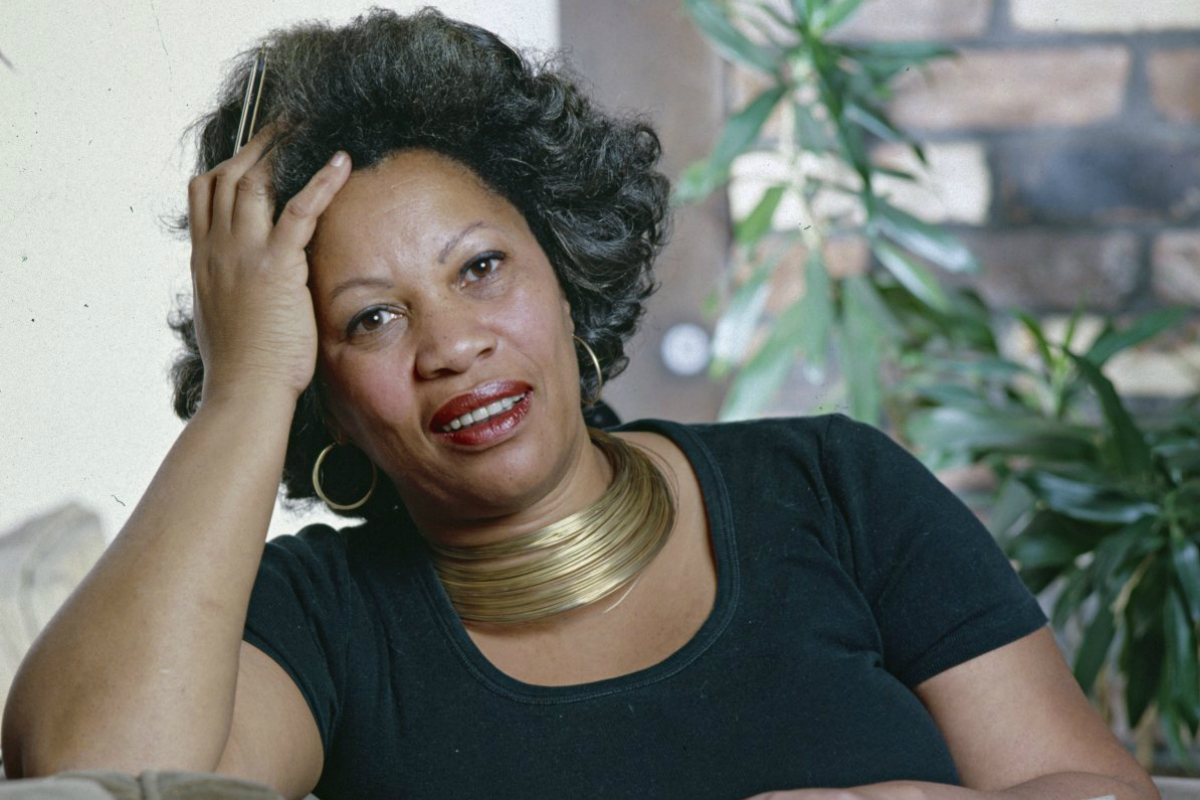Pulitzer and Nobel Prize-winning author Toni Morrison passed away at the age of 88 in August 2019. In tribute to the iconic writer, Nicole Vassell looks at the legacy she leaves behind
As our inspirations get older, we slowly start considering that one day, there will be news that a figure we greatly admire most is no longer with us. And, if you’re anything like me, every time that the social media timeline spontaneously erupts with mentions of their name, your mind immediately assumes the worst.
So, in the past couple of years when Toni Morrison’s name has trended on Twitter, my heart has skipped a beat or two while I scrambled to find further information – only for its rhythm to return to normal when I discovered that discussion of my favourite author was because of the release of a new documentary or speech, or a new body of writing. Yet, on the August afternoon when I saw tweet after tweet with her name attached, I knew that this time was different.
Toni Morrison died on Monday 5th August 2019 at the age of 88, leaving untold numbers of people around the world heartbroken by the loss. And though it is clear that her work was influential to readers of many different demographics, it cannot be overstated that Toni Morrison wrote for Black people – with Black women truly at the heart of her words. Though her writing often spoke directly to the experiences she knew, of being African-American in and around the Midwest and Southern states, Black women across the world could rely on the art of Toni Morrison to articulate so much of the familiarities of being Black girls and women, in a wider society that often isn’t considering us first.
From the unbearable weight of white beauty standards in The Bluest Eye, to the expectations of femininity in Sula; from the excavation of family scars in Song of Solomon to the continued haunting of slavery in Beloved and its trilogy books, Jazz and Paradise, every story provides an avenue to further exploration; it barely feels appropriate to describe her books using one or two themes to anchor them. Upon reading, and re-reading, there is so much to glean from each novel that you can spend hours marvelling at the way your mind has been changed.
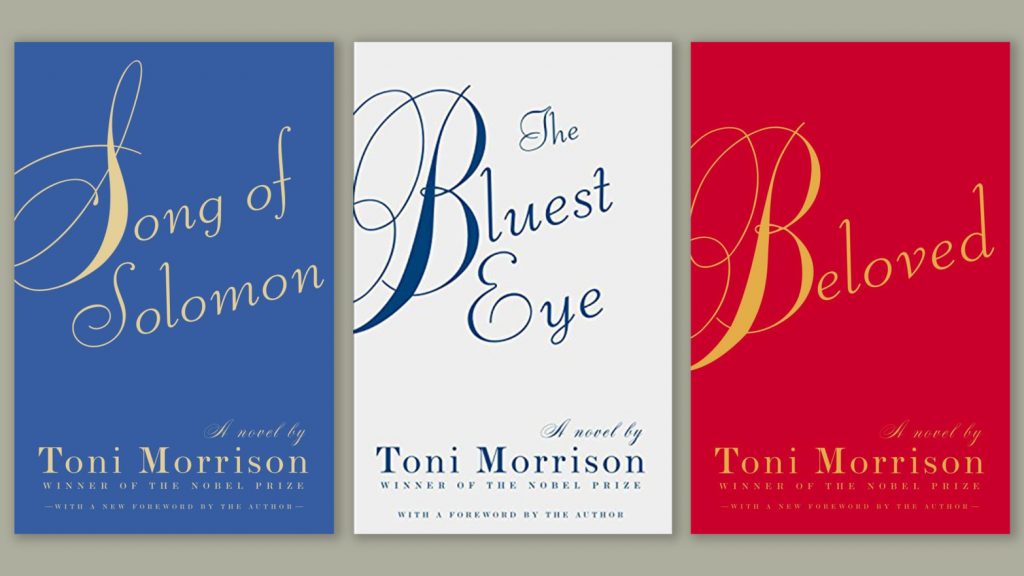
Another admirable element of Ms Morrison’s writing was in her complete resistance to an apology for centring Black experiences. They’re Black with a capital B, and without obligation to over-explain what the people are doing or saying; there’s no glossary of terms. The story is on the page, and if the reader doesn’t quite understand, it’s their job to catch up.
When I first started university, studying English Literature, much of the early stages of my course were filled with worry that I wouldn’t be able to connect to the titles that are frequently hailed as classics. However, that ‘lightbulb’ moment happened when I was introduced to Morrison’s work through The Bluest Eye. It reawakened my interest in analysing books by reminding me that characters that looked like me didn’t have to be an accompaniment to a story; they could be the story, and it could be magical, and painful, and rich. In the stories that Toni Morrison created, Black women didn’t have to be perfect, or exemplary characters – they were varied, they were flawed, they made horrible decisions for reasons that may soon seem acceptable. Our stories are important, and literary ancestors like Toni Morrison made this clear.
In the immediate hours following the announcement of Toni Morrison’s death, clips of her speeches and delightfully eloquent interview responses were enthusiastically shared over social media. In mourning, people clung to the parts of her that we could readily and quickly show others who weren’t yet aware, rather than waiting for them to start one of her books. One of the most popular clips that people used to exemplify her brilliance was her 1993 interview with broadcaster Charlie Rose, in which she cooly interrogates her problem with the way racism is viewed by white people in American society. After taking a sip from her glass of water, Morrison tells Rose:
‘Part of it is: ‘Yes, the victim. How terrible it’s been for Black people.’ I’m not a victim. I refuse to be one… if you can only be tall because somebody is on their knees, then you have a serious problem. And my feeling is that white people have a very, very serious problem, and they should start thinking about what they can do about it. Take me out of it.’
Even in the act of merely quoting those words, there’s something that feels revolutionary. In her fiction work, and in her real-life treatises, she made it clear that it is okay, and even necessary for Black people to speak candidly about race, even if the words are difficult to say. Ms Morrison didn’t temper how she felt to appease Rose, or the many white viewers to whom her words would have felt harsh. Toni Morrison got it – she could see the cracks in society and its promises of fairness and equality, and articulate brilliantly why they were falling short. And if it was her truth, then she expressed it; and more than 25 years later, I know that her boldness is inspiring others to do the same.
No words can really go deep enough to express just why Toni Morrison was such a gift; ironically, the best person to do this might have been Ms Morrison herself. But while she’s no longer able to share with us her literal thoughts on what her own loss feels like to the world, we’re lucky enough to have all of her material to pore over, and keep learning from and enjoying. I, for one, feel privileged to have been able to appreciate her while she was still in this world. However, for those who are just beginning their journeys with and I look forward to watching as generations to come engage with the magnificence that is, and was, Toni Morrison.
What Toni Morrison Gave To Us
Toni Morrison’s influence is far-reaching, and as much as she was important for culture on a large scale, everyone who engaged with her work has their own personal story. Here are some more Black British women on what her work has meant to them…
Melissa Cummings-Quarry, co-founder of Black Girls Book Club
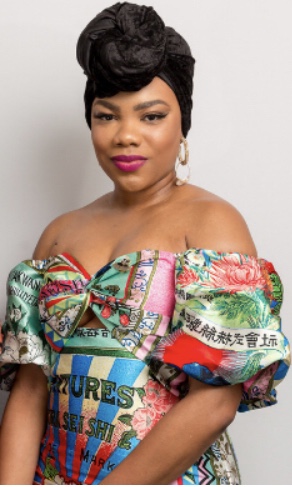
‘I remember exactly what I was doing when I heard Toni Morrison had passed. Despite her death not being unexpected, the news left me reeling and I felt absolutely bereft at the loss of someone I didn’t even know, but had somehow managed to express the intimate thoughts of my heart through her vast collection of work.
‘Ms Morrison was more than a talented writer – when her name was spoken, it conjured up feelings of mysticism as though her gift had made her almost otherworldly.
‘Despite the magic that the mere mention of her name or work evoked, I found myself at home and centred through the pages of her work. Ms Morrison managed to excavate the Black female consciousness in a way that didn’t come across as exploitative but truly celebratory. She will be missed.’
Aimee Felone, award-winning co-founder of diverse children’s publisher Knights Of

‘My first experience with the power of Toni Morrison’s words came in the shape of The Bluest Eye when I was around 12. To see the harshness of life and all of its prejudices so explicitly presented on the page, I was forced to consider my own relationship to what I considered beautiful. The Bluest Eye gave me the words to describe the frustrations I felt but couldn’t articulate; words that stayed with me during the unsure moments of my own place in an industry (children’s publishing) that seems to regularly centre whiteness. Words that reminded me that despite what people may have you believe, you are indeed your best thing.’
Alexandra Sheppard, author of Oh My Gods
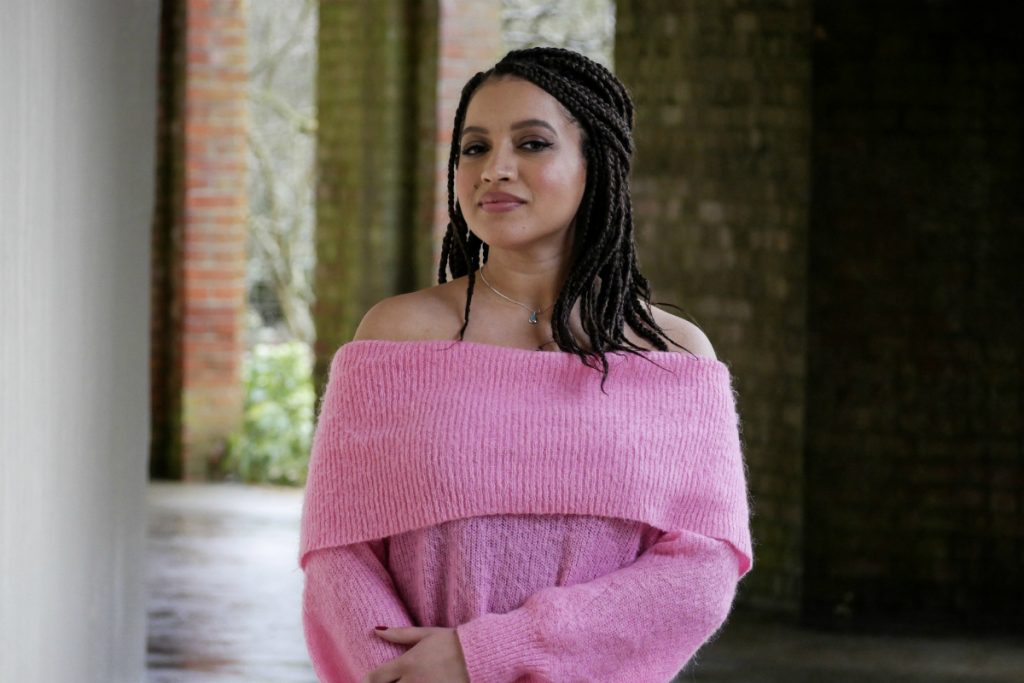
‘I first read Beloved when I was 18 and, I’ll be honest, I didn’t understand it. I understood Toni Morrison’s importance and her legacy, but I struggled to connect with Beloved in the same way I connected with Alice Walker’s The Color Purple or, my favourite book, Their Eyes Were Watching God by Zora Neale Hurston.
‘I was playing myself. Rereading Beloved, now, twelve years later, is to discover an embarrassment of riches. The story centres Black womanhood, balancing beauty and tenderness with brutality and a legacy of pain. Each chapter is like a gift and I am so grateful for it. If you haven’t yet discovered Toni Morrison for yourself? Don’t feel bad. Just pick up the book.’
Sinai Fleary, writer and radio presenter
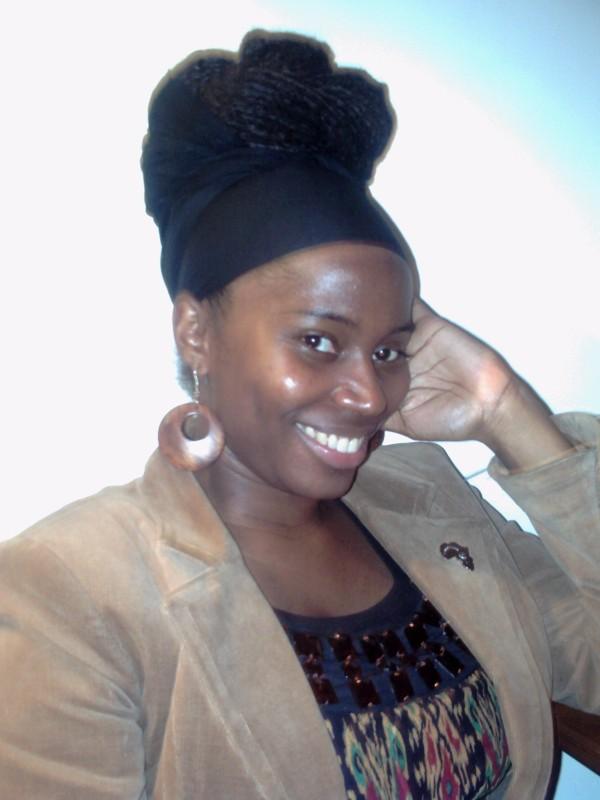
‘Toni Morrison’s work was enthralling and unapologetic, and that’s what made her special. The thoughtfulness of her words would hold you, page after page. What I loved most about her work is that she put Black people at the forefront of storytelling. Her book, God Help the Child, was incredibly powerful and touches on the issue of colourism in the Black family. This book gave me a sense of worth and inspiration as a young Black woman. Toni Morrison made us visible in literature and she has touched many of our lives forever.’





